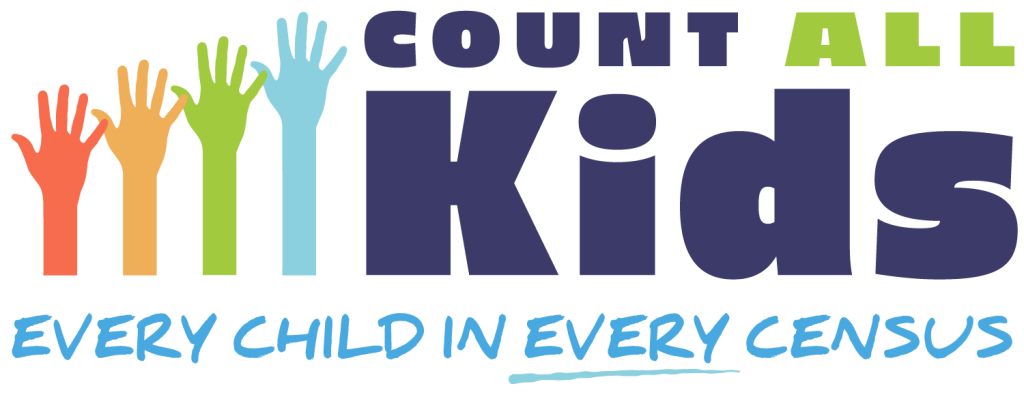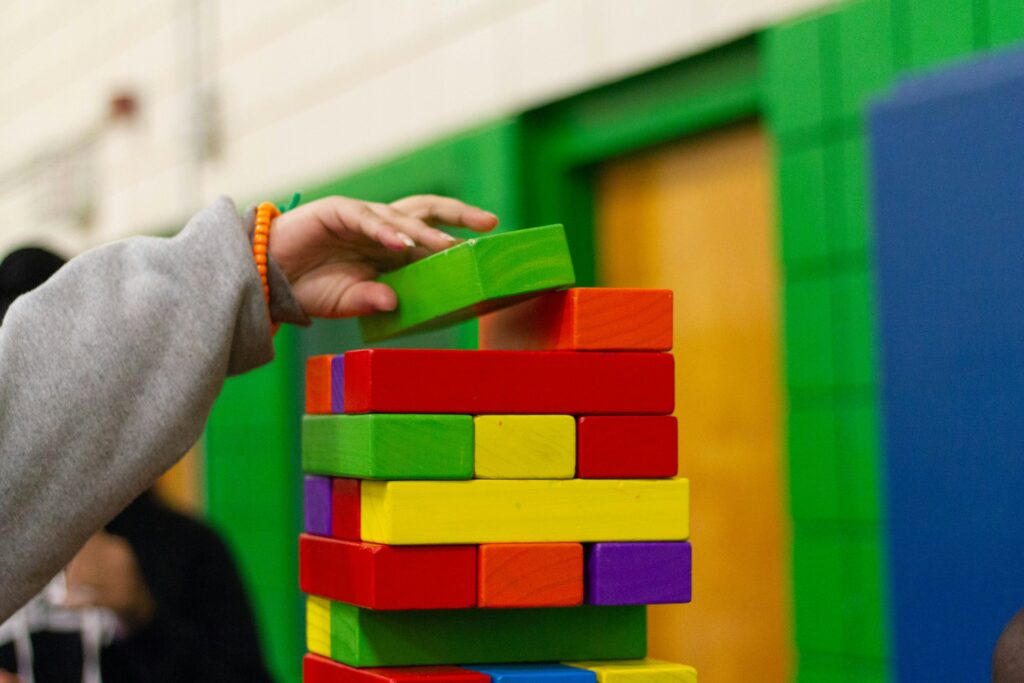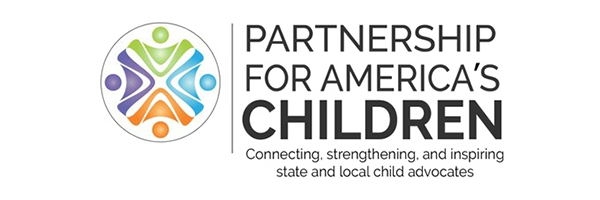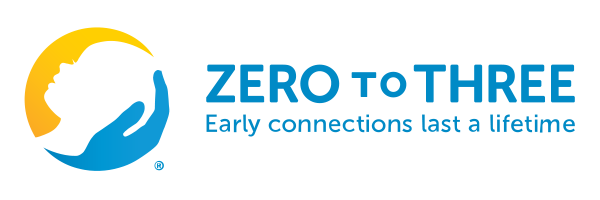Child poverty is a growing problem in America, exacerbated by the COVID-19 pandemic that has caused economic hardship for millions of Americans. One simple way to help is by filling out your household Census forms and encouraging friends and family to do the same.
Every ten years, the Constitution requires us to count everybody who lives in America to fairly allocate federal dollars and political representation across the entire country. Everybody includes citizens, immigrants, green card holders and diplomats, au pairs and foreign exchange students, roommates and family members; senior citizens, newborns and everyone in between. If you live in America on April 1, 2020, you should be counted! It’s quick and easy at www.my2020census.gov or by calling 844-330-2020.
Census numbers are used in federal funding formulas. The more people that live in your area and are counted in the Census, the more federal dollars are allocated for your community – but only if they are counted! This funding supports our schools through Title I grants to local education agencies, Special Education grants, and Head Start. It protects the health of your community through Medicare and Medicaid, State Children’s Health Insurance Programs (S-CHIP), food assistance programs like the Supplemental Nutrition Assistance Program (SNAP), WIC, and school lunch programs.
The Census only happens every ten years, so the numbers we are collecting now are the ones we use for funding until the next Census, in 2030. Missing a child means missing out on ten years of funding for the programs that help each child grow and thrive over a large portion of their childhood. In the 2010 Census, around 1 million young children between the ages of 0 and 5 weren’t counted. Almost as many 4-9 year olds were also left off the forms. People often don’t count their children because they don’t know they should.
Here are 3 big reasons why every child must be counted in the 2020 Census:
- Undercounts mean states lose money: Due to the undercount of young children in the 2010 Census, states lost over half a billion dollars per year from programs like Medicaid, CHIP, foster care, adoption assistance, and childcare. Millions of families rely on these services, so every dollar lost negatively impacts communities.
- Undercounts strain services: Without a proper count, services like Medicaid and CHIP are underfunded and cannot effectively support the families that rely on them. This strain can be seen in long wait times for paperwork processing, restrictions, and even denial of services.
- Undercounts further the poverty cycle: Schools are hugely affected by undercounts of the children in their communities, losing almost $1,700 per year for every child not counted. School districts may be redrawn based on an inaccurate number of students, new schools may not be built when they are critically needed, and school meal programs may be cut when they should be expanded. Education and hunger are two of the most important elements of children’s health and future success, so an undercount of children will result in these critical services being underfunded in the areas where they are needed most.
Ensuring all children are counted in the Census will help fund over 300 federal programs. While we may not automatically associate counting toddlers on the Census with building new roads and bridges, the fact is that every person counted helps determine where federal funding is most needed. More funding means more kids can live healthy, successful lives. To learn more about how you can help, check out the Count All Kids toolkit.








